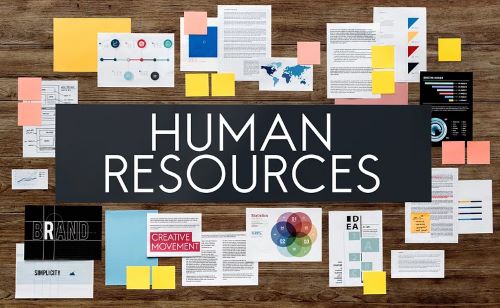

Hiring the right HR manager is crucial for any organization. This article will explore the proven strategies and techniques to help you find the best candidate for this pivotal role. If crafted smartly, these questions can open up discussions that reveal potential HR leaders’ competencies, motivations, and cultural fit.
The Role of HR Managers in Modern Organizations
HR managers are pivotal in shaping a company’s culture and strategic direction. They handle everything from recruitment to employee relations, making the selection of the right individual for this role essential. Beyond hiring, HR managers are responsible for setting policies, managing benefits, and ensuring compliance with labor laws. While there are many aspects to consider during the hiring process, utilizing the interview questions for HR manager can be one of the most effective ways to gauge a candidate’s suitability. Their involvement in workforce planning and talent management also positions them as key players in the organization’s strategic growth. Effective HR managers facilitate a productive and harmonious work environment, driving employee satisfaction and business success.
Key Traits to Look for in HR Managers
HR managers must possess several essential traits to excel in their roles. These include strong communication skills, a thorough understanding of labor laws, and adeptness at conflict resolution. Leadership abilities and emotional intelligence are critical for effectively managing teams and creating positive work environments. A good HR manager will also exhibit empathy and fairness, ensuring all employees feel heard and valued. More insights on what makes a great HR manager can guide your search for these essential traits. A deep understanding of business operations and strategic thinking are other important qualities that distinguish exceptional HR leaders.
Crafting the Perfect Job Description
A well-crafted job description is the first step in attracting top talent. It should clearly outline the responsibilities, required qualifications, and critical competencies for the role. Be specific about the job, including day-to-day tasks and long-term objectives. This not only helps in attracting suitable candidates but also sets clear expectations from the outset. Employers should include information on company culture and values to ensure prospective hires see the whole picture. An adequate job description will act as both an informative guide and a marketing tool, highlighting why a candidate would want to work with your organization. Including sections on career advancement opportunities and employee benefits can also entice top-tier candidates.
Practical Interview Questions to Identify the Right Candidate
Asking the right questions during the interview can help pinpoint the best candidate. Tailoring questions to the role will provide deeper insights into a candidate’s suitability. For instance, questions about their experience with conflict resolution, instances, where they have improved employee satisfaction, or how they handle compliance issues, can uncover critical competencies. Specific interview questions and answers can guide you in this process. It’s vital to ask questions that reveal what the candidate has done and how they think and approach problem-solving. Creating hypothetical scenarios and asking candidates to walk through their thought processes can provide substantial insights into their problem-solving abilities and ethical reasoning.
Utilizing Assessments and Psychometric Tests
Assessments and psychometric tests are invaluable tools that can provide additional data points on a candidate’s capabilities and personality traits. These tests can evaluate a candidate’s problem-solving skills, emotional intelligence, and compatibility with the organizational culture. They can offer objective data to complement the subjective impressions formed during interviews. These tests ensure a more comprehensive evaluation process, balancing instinct with data-driven insights. For example, personality tests can reveal if a candidate has the resilience needed for challenging HR scenarios or the empathy required for conflict resolution.
The Importance of Cultural Fit
Ensuring candidates fit the company culture is as important as their skills and experience. A good cultural fit can lead to higher job satisfaction and long-term success within the organization. During the interview, discuss the company’s values and work ethics to see if they align with the candidate’s beliefs and preferences. Including questions about how they have adapted to different work environments in the past can be insightful. Employees who align well with the company culture are likelier to stay longer, perform better, and contribute to a positive work environment. This alignment fosters a cohesive workforce where employees feel connected to the company’s goals and mission.
Making the Final Decision
After carefully considering all candidates and evaluation criteria, the final decision involves objective analysis and intuition. Take into account feedback from various stakeholders who have interacted with the candidate. Weigh their qualifications, test results, and how well they align with the company’s values and culture. Balancing technical competencies with personal attributes is crucial to ensure a holistic assessment. A structured decision-making process with clearly defined criteria for evaluation can mitigate biases and make the final decision more equitable. Remember, hiring is about filling a position and identifying a long-term partner who will grow with and contribute to the organization.
Conclusion
A thorough and strategic approach to hiring an HR manager can significantly impact your organization’s success. Use these strategies to find the ideal candidate to contribute positively to your team’s dynamics and overall goals. Remember, the right HR manager can serve as the cornerstone in building a collaborative, compliant, and thriving workplace. Ensuring a well-rounded approach that includes specific interview questions, thorough assessments, and a focus on cultural fit will set the stage for long-term success. Revisit and refine your hiring strategies regularly to adapt to evolving organizational needs and market conditions, ensuring your HR function remains robust and future-ready.


